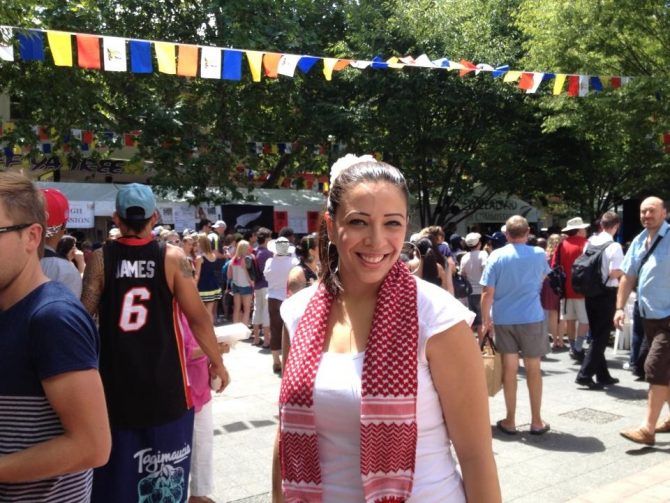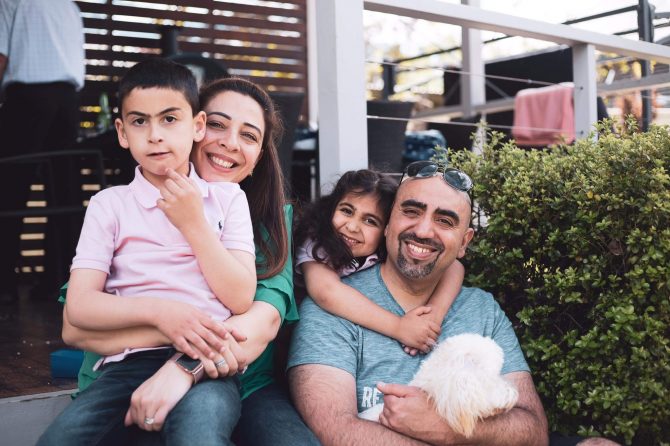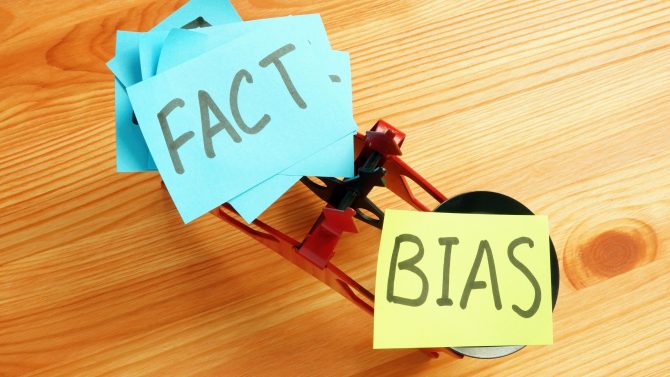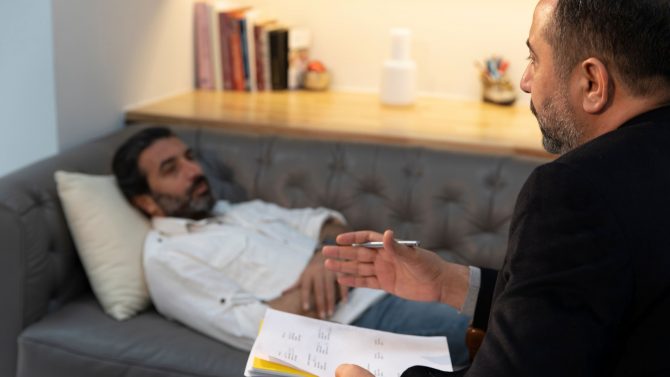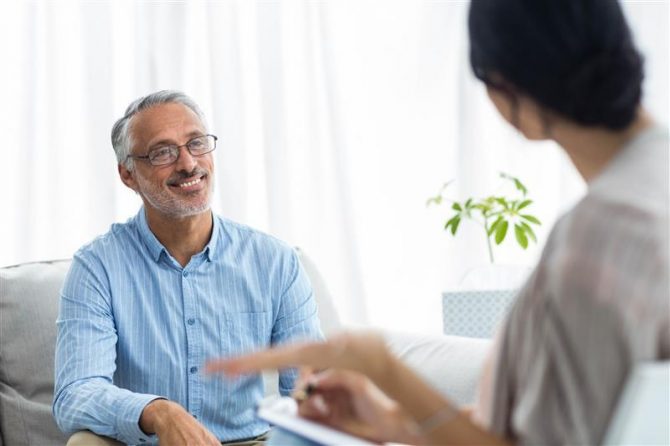
COVID-19 has created many challenges. As we rapidly emerge from a locked down world, we’ll need an effective recovery process. Good mental health will play an essential part in this recovery, helping people process what has happened and move on in a positive way.
Ignoring mental health in this recovery is not an option.
This message is slowly reaching culturally diverse populations. We see more and more positive mental health messages and support services in our social media feeds. The messages say there’s no shame in getting professional help with mental health struggles.
But what happens when people from migrant and refugee backgrounds seek professional help?
Are specialists like counsellors aware of their specific cultural needs?
How can we offer them fair and unbiased help?
To answer these questions while savouring another inspiring migration story, I turned to my dear friend and Bicultural Counsellor Iman Al-Alami.
Photo: Iman Al-Alami. Photo: Iman Al-Alami’s family.
From Jordan to the land down under.
In 2009, Iman arrived in Australia as a diplomatic attache at the Jordanian Embassy in Canberra. Iman loved her job and intended to continue this work, but Australian rules and a little old-fashioned “I came to Australia and fell in love” got in the way.
“The Accidental Immigrant”
Iman was working hard at the Jordanian Embassy when something beautiful happened. Iman met her Australian soulmate, got married and had two beautiful children. While juggling life, work and parenting, Iman and her husband learnt that their first born child has severe autism.
Iman made the decision to sacrifice her career to be a full time carer for her son.
Breaking the Stigma
Iman is very much aware of the stigma surrounding mental health in the Arabic speaking community. But her own experience is that counselling can help people in deep and lasting ways. Iman had a feeling that she could bridge this gap between her own experience and the community’s perception, and decided to do something about it. Iman successfully studied to become a bicultural and bilingual counsellor at the University of Canberra.
My below conversation with Iman provided many insights into her culture, lived experience, and counselling study and practice. Iman shows us how we can successfully navigate mental health and migrant communities.
QUESTION 1 – So how does a counsellor keep their own bias in check?
Iman: Whether we like it or not, we all have bias to a certain degree, in my counselling experience; there is a lot of bias whether in work environments, family settings, and/or relationships. Most bias happens in an unintentional manner, but intentional or not, the outcomes are still the same.
I find myself helping clients identify their biases because most of them are unaware of it. They don’t know when they’re being ableist, or sexist or racist, and I often observe improvements when I bring their attention to their biases and help them identify them. There are some spoken and unspoken cultural beliefs and practices that have been passed on through many generations and identifying them requires a counsellor from that cultural background to spot them and bring awareness about them.
Having said that, it’s important to note that as a counsellor I do NOT confront my clients about their biases in the first appointment, I take mental notes and walk the client through the process of identifying biases themselves.
You would be surprised how many of them are eventually able to identify their own biases or if they have been subjected to bias themselves. I only directly intervene if I really have to.
QUESTION 2 – As a counsellor, how do you curb your own biases during a counselling session?
Iman: During my counselling studies, there were numerous units that addressed bias – ‘Human Diversity’ to name one. It is essential to recognise bias for us to not allow it to interfere with our profession. Recognising bias takes a sincere repetitive practice of reflection on our own thought process. The next step would be acknowledging the bias, and that is also not an easy thing to do.
It’s hard to admit that I am racist or intolerant towards this group of people, or I discriminate towards that group of people. This inner confrontation is hard but it’s extremely important to be transparent with yourself. This transparency will help you to unpack:
- WHY am I feeling this way?
- WHERE does this bias stem from
- Does this bias stem from childhood? A past bad experience? Does it stem from culture?
There is one fundamental thing that’s worth mentioning: if a counsellor or a social worker feels that they will not be able to get over a certain bias and that it will interfere with the ethicacy of their work, the ethical thing to do is to refer that client to someone else. Because in my case, it will be detrimental to the counselling relationship.
QUESTION 3: Bicultural counsellors, WHY do we need them?
Iman: ‘Many individuals migrate to Australia and they bring in their cultural identity, their own understanding of various health matters. Mental health and counselling are often associated with stigma and shame in various cultures including in Arabic speaking communities. Only an informed insider can tackle these cultural complexities and understand where they stem from.
Spoken communication is the main tool in counselling, I speak their language, I know how to phrase culturally challenging beliefs, combined with a counsellor’s education and existing knowledge of some rigid conceptions about different sensitive topics; such as gender identity, gender roles, family values and other areas, I pave a linear path for them to see their experience in a different light, to help them become more flexible and open minded to eventually make positive changes.
I am fortunate to have colleagues from various cultural backgrounds and ethnicities, we have lengthy conversations about the unique cultural differences and we enrich each others knowledge and understanding, we studied together and we started placements at the same time and it’s this colourful diversity that brings richness and ongoing motivation and passion for us working in the helping profession.
QUESTION 4: What would you like to see happening during the COVID-19 recovery?
Iman: As we move towards recovery from COVID-19 I reflect with awe and gratitude on people’s resilience and I look forward to connecting more with family and friends.
I’ve been immersing myself in training on relationship therapy, so I have spent the last 4 months learning and practicing Emotionally Focused Therapy, the golden standard for couples therapy (it’s an evidence based model with a high success rate).
I am excited about what the future holds for me on a professional level, I can’t wait to give back to my wider community. I will be offering face to face sessions for individuals and couples at ‘You, Me and Us Relationship Counselling and Mediation Centre’ in Canberra, in addition to zoom sessions for people interstate and overseas’.
Any last thoughts?
Iman: When it comes to diversity and inclusion, it’s always helpful to remind ourselves of our common humanity, to reflect on what we have in common with others rather than on what makes them different. We are all partners in humanity after all.

